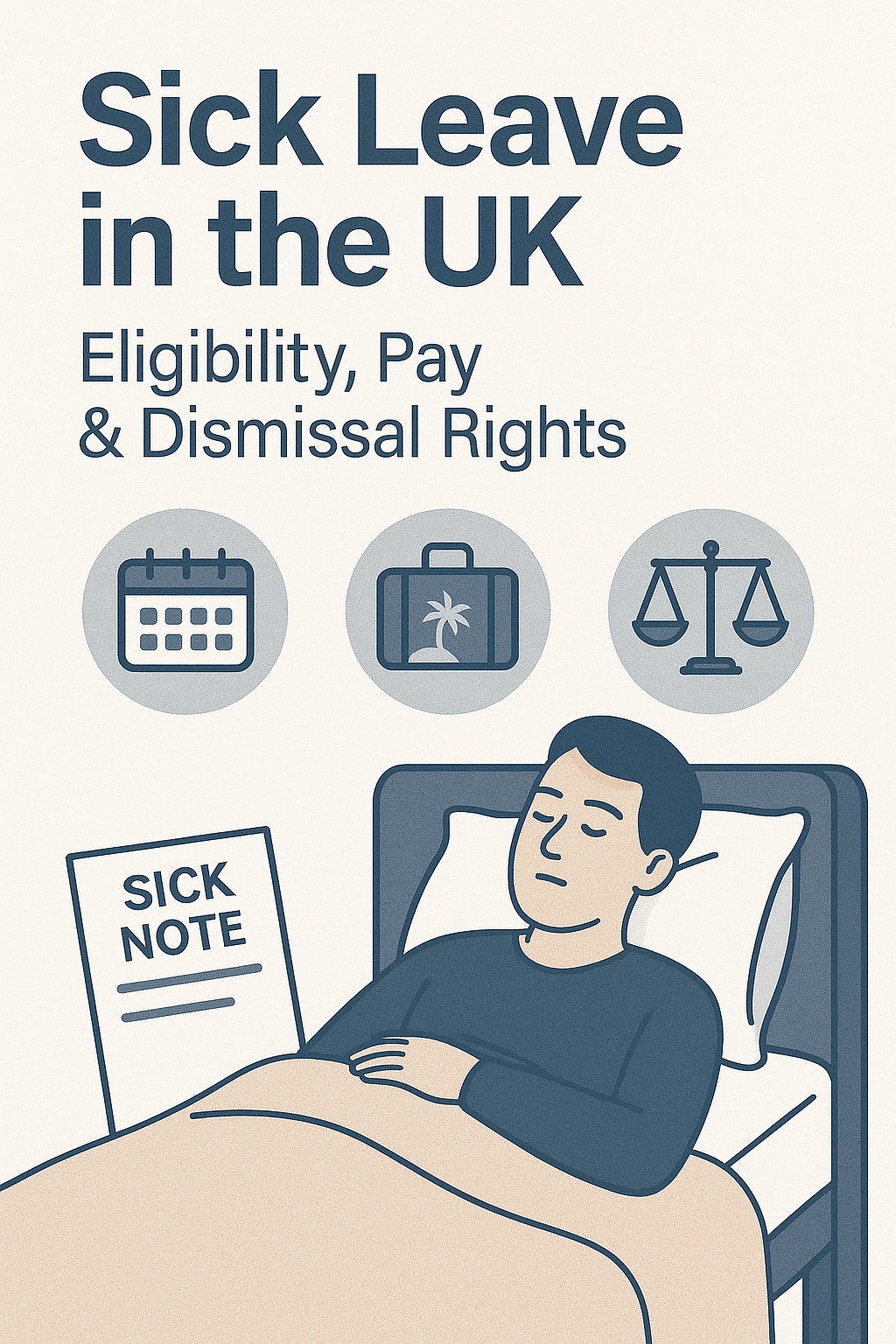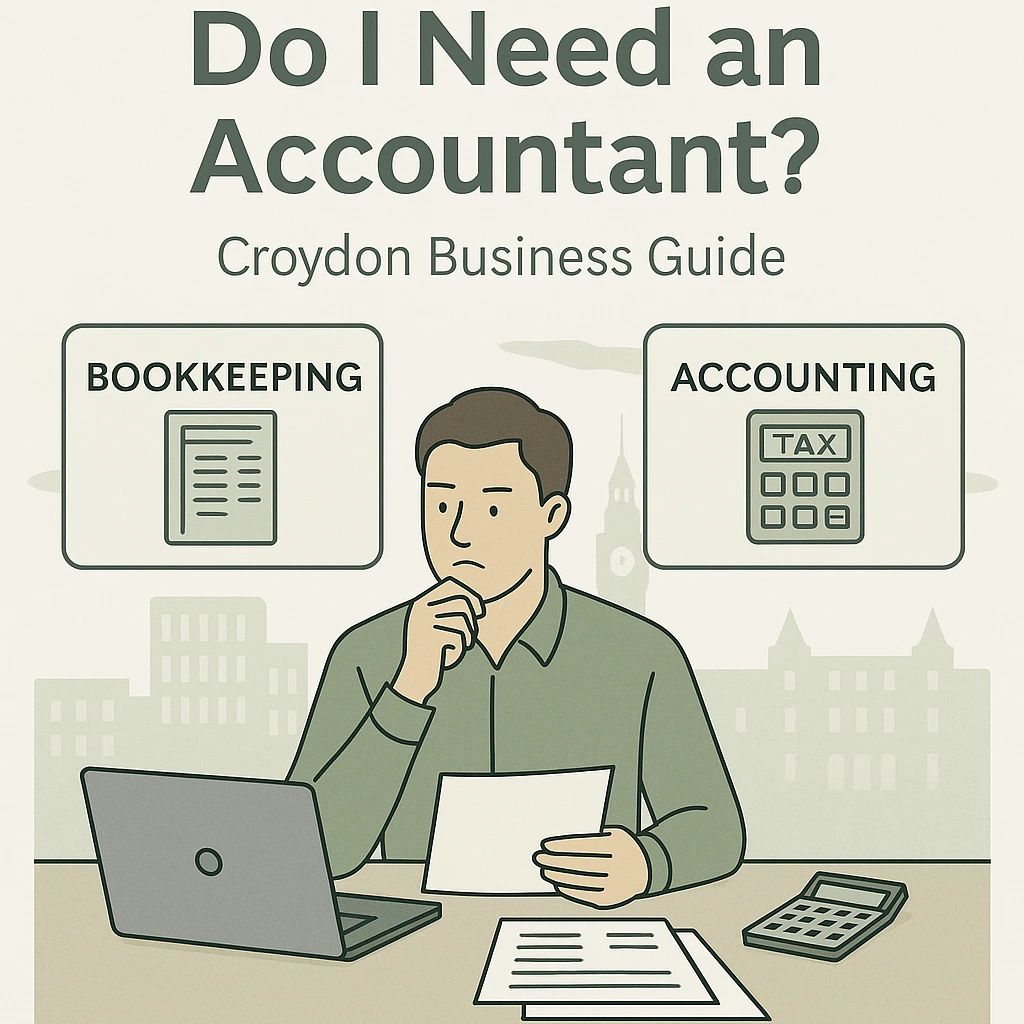
UK Sick Leave Guide: Eligibility, Pay & Dismissal Rights
Find out who qualifies for sick leave in the UK, what documentation is required, how long-term illness is handled, and what your rights are if dismissed.
Sick Leave Eligibility and Procedures: How To
Who is Eligible for Sick Leave?
Employees may take time off from work if they become ill. If they are sick for more than seven days, they must provide proof to their employer.
This proof, often called a “sick leave” or “health certificate,” must be from a doctor and includes non-business days such as weekends and holidays.
If employees fall ill just before or during their holidays, they can opt for sick leave instead.
Documentation Requirements
For illnesses lasting more than seven days, employees must provide their employer with a “health certificate” from a doctor.
During the coronavirus pandemic, employees who need to self-isolate and are unable to work can obtain an “isolation certificate” online from NHS 111, eliminating the need for a doctor visit.
If employees are off work for seven days or less, no health certificate is required. Instead, upon returning to work, employees may need to provide “self-certification,” confirming their illness through a form or email.
Sick Leave and Vacation
Statutory leave entitlement continues to accrue during sick leave, regardless of the duration of the illness.
Any unused statutory holiday entitlement due to illness can be carried over to the next holiday year. If an employee becomes ill immediately before or during a holiday, they can take that time as sick leave.
Employers cannot force employees to take annual leave if they are eligible for sick leave, ensuring their rights are protected.
Prolonged Illness
Employees who are sick for more than four weeks may be considered long-term sick.
Even in such cases, employees are still entitled to annual leave.
Employers must consider flexible or part-time work, alternative roles, or less strenuous tasks (with training if necessary) to facilitate the employee’s return to work.
Dismissing a Long-Term Ill Employee
As a last resort, employers may terminate a long-term ill employee. However, before doing so, employers must explore all possibilities for the employee’s return to work, such as flexible hours or alternative positions.
Employers must also consult with the employee regarding their health and potential return date. If an employee believes their dismissal was unfair, they can take the matter to a labor court, ensuring their rights are safeguarded.
Proper understanding and adherence to these sick leave policies are crucial for both employees and employers, ensuring compliance with regulations and fair treatment in the workplace.
About Golden Tree Consulting
Financial expert at Golden Tree Consulting
Helping businesses in Croydon navigate financial complexities with tailored solutions
More Articles You Might Like
Continue exploring our financial insights

Do I Need an Accountant for My Croydon Business?
Not sure if your Croydon business needs an accountant? Learn the difference between bookkeeping and accounting, and when it’s time to get professional help.

Why UK Startups Are Choosing Estonia for Company Formation
Explore why Estonia is ideal for UK startups. Learn how digital-first systems, zero corporate tax on retained profits, and fast company formation make Estonia a smart move for growth.

How to Choose the Right Local Accountant in Surrey, Kent & London
Looking for an accountant in Croydon, Reigate, or Surrey? Learn how to choose a local accountant who understands small business finances and helps you save time and money.
